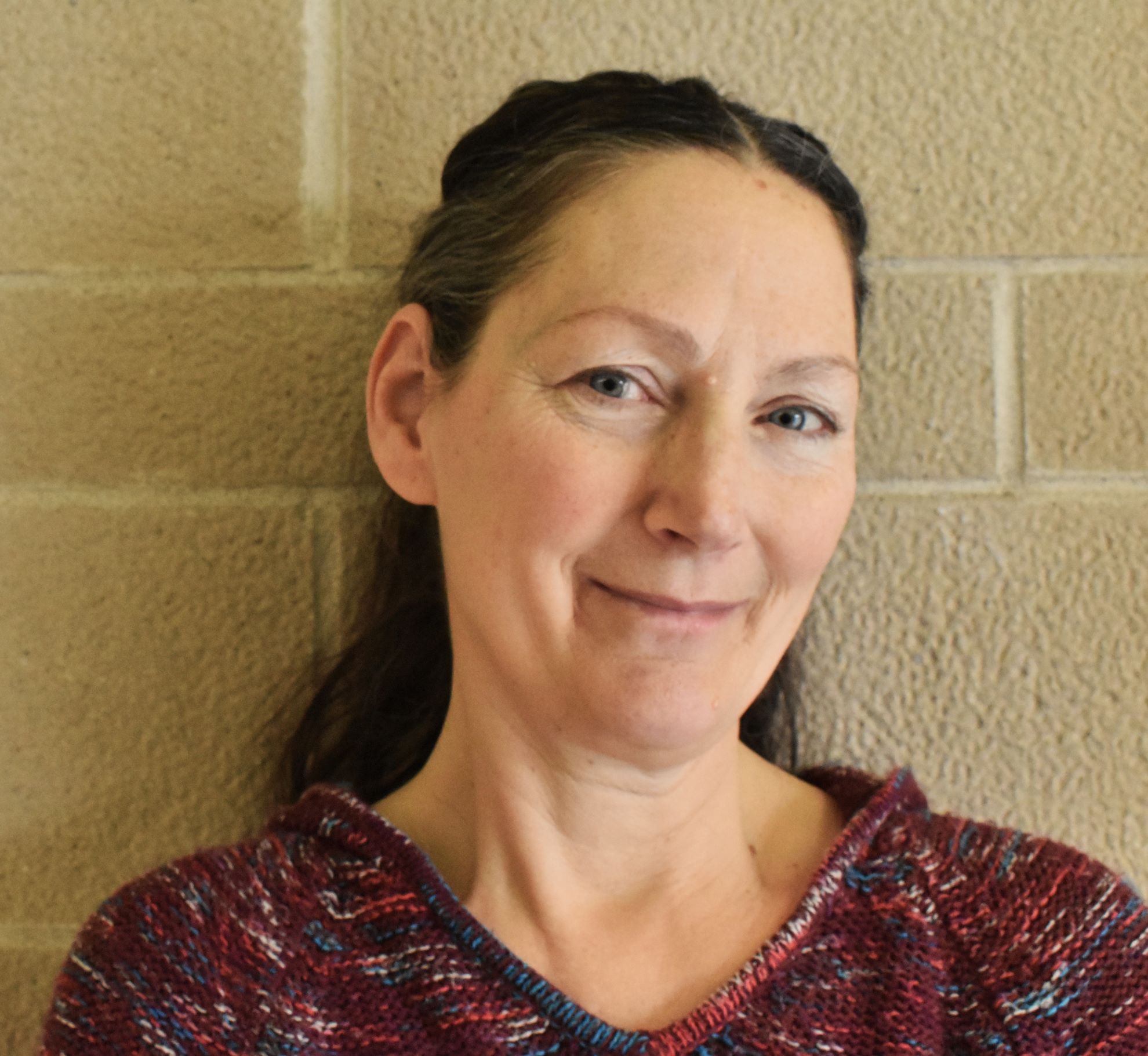I am a peace-loving person. I believe in the power of non-violent resistance. I support Canada’s military, but have traditionally avoided the topic of armed defense, preferring to focus on their humanitarian missions.
The invasion of Ukraine by Russian forces, and their brutal attacks on civilians has shifted my perspective: we need to answer their call for lethal aid.
On Feb. 24, Russia initiated the biggest military attack in Europe since WWII. Troops began moving into Ukraine by land, as air strikes targeted infrastructure and civilian homes. The assault was launched under a false premise – Vladimir Putin wanted to “demiliterise and denazify” Ukraine.
Ukraine’s president, Volodymyr Zelensky, immediately denounced the invasion as a ploy to stretch Russia’s territory. He began telling the world what was happening as the country mobilized its military. A former comedian, Zelensky delivered a series of passionate speeches in which he described the willingness of Ukrainians to stand united in a fight for their country.
Men and women took up arms as families with children started heading to the borders. As battles ensued in the south, journalists began sharing reports and images of civilians being targeted in their homes, and as they were trying to evacuate their cities.
I started following their stories on Twitter and was shocked and saddened by what I read and saw. But I could not turn away – I wanted to know the truth, no matter how hard it was to bear. I know my sentiments are likely felt by many in the Algonquin College community.
By this time, I was regularly listening in on Twitter spaces which are dedicated to discussing the war in Ukraine. Under the banner of OSINT, or Open-Source Intelligence, citizens, analysts and military vets share information from validated and trusted sources. I spent many hours on Twitter, doom-scrolling, which inevitably left me feeling helpless and depressed.
I began to question if I really wanted to work as a journalist – having to keep current with news and report on potentially horrible situations. The stories started to come in of reporters being injured and killed in Ukraine while chasing a story.
I thought back to the “Freedom Convoy” in Ottawa, and the numerous accounts of media personnel being targeted and harassed on the streets. My schoolwork seemed less important than the tragic accounts of Ukrainian refugees, and the families torn apart by war.
I shared my feelings with my classmates – how I was struggling with the idea of being a reporter, and how close I would need to be to the news – the good, the bad and the ugly. I was in this frame of mind for a few weeks, all while parenting a pre-teen and trying to keep up with other life-stuff. But there was a point when I decided to bring more attention to my school program.
I thought, if I quit journalism because I am too upset about the actions of a political dictator, then I am letting the bully win. And that made me angry – I did not want to give up a potential career and my passion for writing because of a warmonger, or because I know that horrible events are taking place in a country I cannot directly help.
But the journalists in-country are making a difference – by reporting the truth to the world, Ukraine is getting the help it needs to triumph over the occupiers. I know I can be effective in this role, covering events close to my home, or wherever life takes me.
And so, I continue work on my assignments, donate to Ukraine’s armed forces and keep in touch with the news on Twitter. Only this time I spend more minutes engaged with a story, versus more page views. And more time for self-care.


